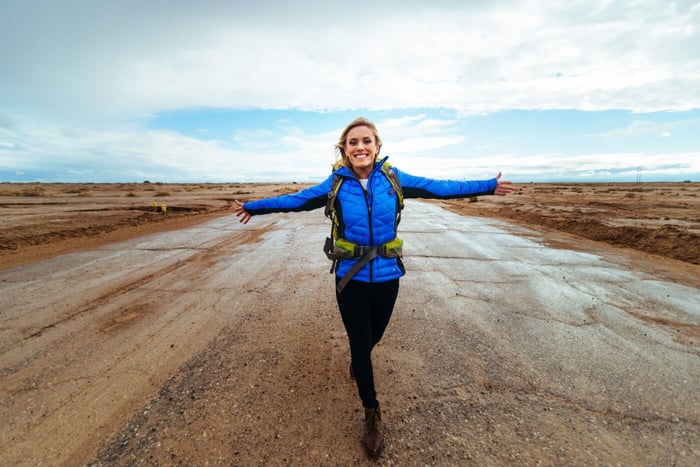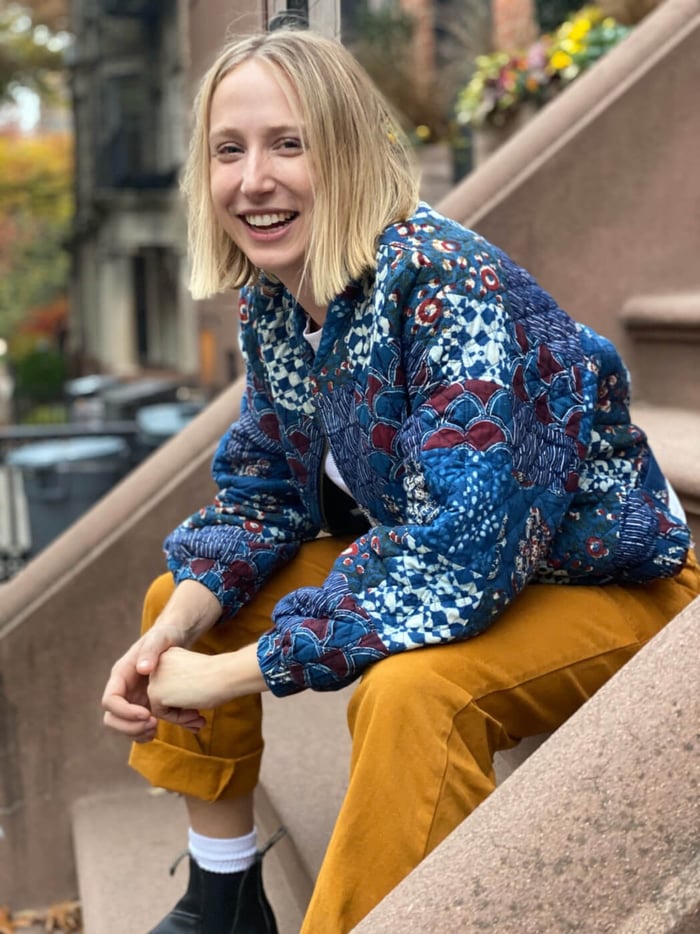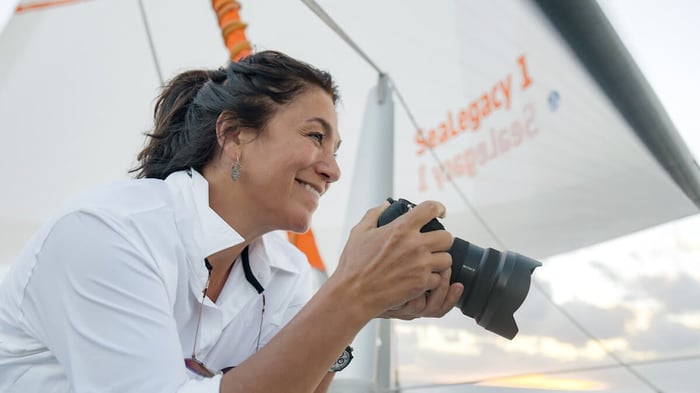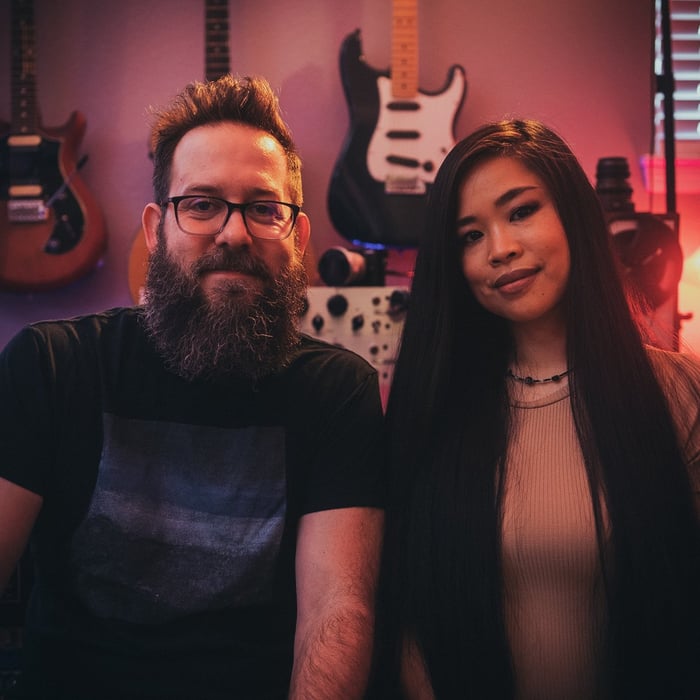For this installment of our Creator Spotlight series, we sat down with Rachel Rudwall (aka Rachel Roams).
Aside from traveling to over 70+ nations across all seven continents, Rachel has put together an admirable list of accomplishments in her career thus far. From an Emmy nomination and being named an Explorer's Club fellow, to being a multi-hyphenate creative with a variety of photo, video and writing work across an extensive variety of platforms - Rachel exemplifies leadership and integrity for any creative professional that wants to travel, tell stories and create content. Check out our discussion below...
Thank you so much for joining us, Rachel!
Thank you and the Glyph team for having me.
Let's jump right in. If you met a stranger at the airport and they asked what you do, how would you describe yourself to them?
I would describe myself as a storyteller. That really simplifies the conversation, because the vast majority of people don’t know what “producer/shooter” means; they don’t know the terms “camera op” or “DP”; and there’s also so much variety in what I do (producing, shooting, on-camera hosting, editing, travel writing, etc). I find that storyteller really is the best all-encompassing descriptor I’ve found.
Can you tell us about beginnings of your career and how you got started?
I initially went to college to study international relations and foreign languages. Being a kid from a small Midwestern town, I figured that if I wanted to have a career that allowed me to travel–and do some good along the way–I'd probably have to become a diplomat. However, between junior and senior year of college, I landed an internship with a travel company, and that internship sent me to 16 countries around the world to produce travel videos, write blogs, and shoot photography. From that moment forward, I realized I could be a storyteller instead of a foreign service officer, which–if done correctly–could make me a sort-of “everyday diplomat,” connecting people to the world, and the world to the people that inhabit it.
Of course, when I got back to college for my senior year, I didn’t know what I’d actually need to do to become a travel storyteller (after all, I was getting B.A.s in fields that had nothing to do with media production), so I spent that final year of school researching the many varied jobs that fall under the umbrella of production, and reaching out to folks whose work I admired to learn more. By the end of senior year, I had decided I was going to move to L.A. to become a docu-series producer and travel series host, and, remarkably enough, as soon as I moved to CA, I landed a job with the preeminent docu-series producers of the day: Original Productions.
From there, I worked my way up the proverbial ladder, first as a post production coordinator on a Discovery Channel show, then as a production coordinator for the whole company of Original Productions, and then, within a year of starting my media career, as an associate producer (AP) on Ice Road Truckers. That crash course kicked off many years of field producing, shooting, and story producing for networks like Nat Geo, Discovery and History Channels, and led to me eventually producing my own content (which, in turn, led to me landing my first big on-camera hosting gigs for action/adventure and travel series on Travel Channel and HLN).
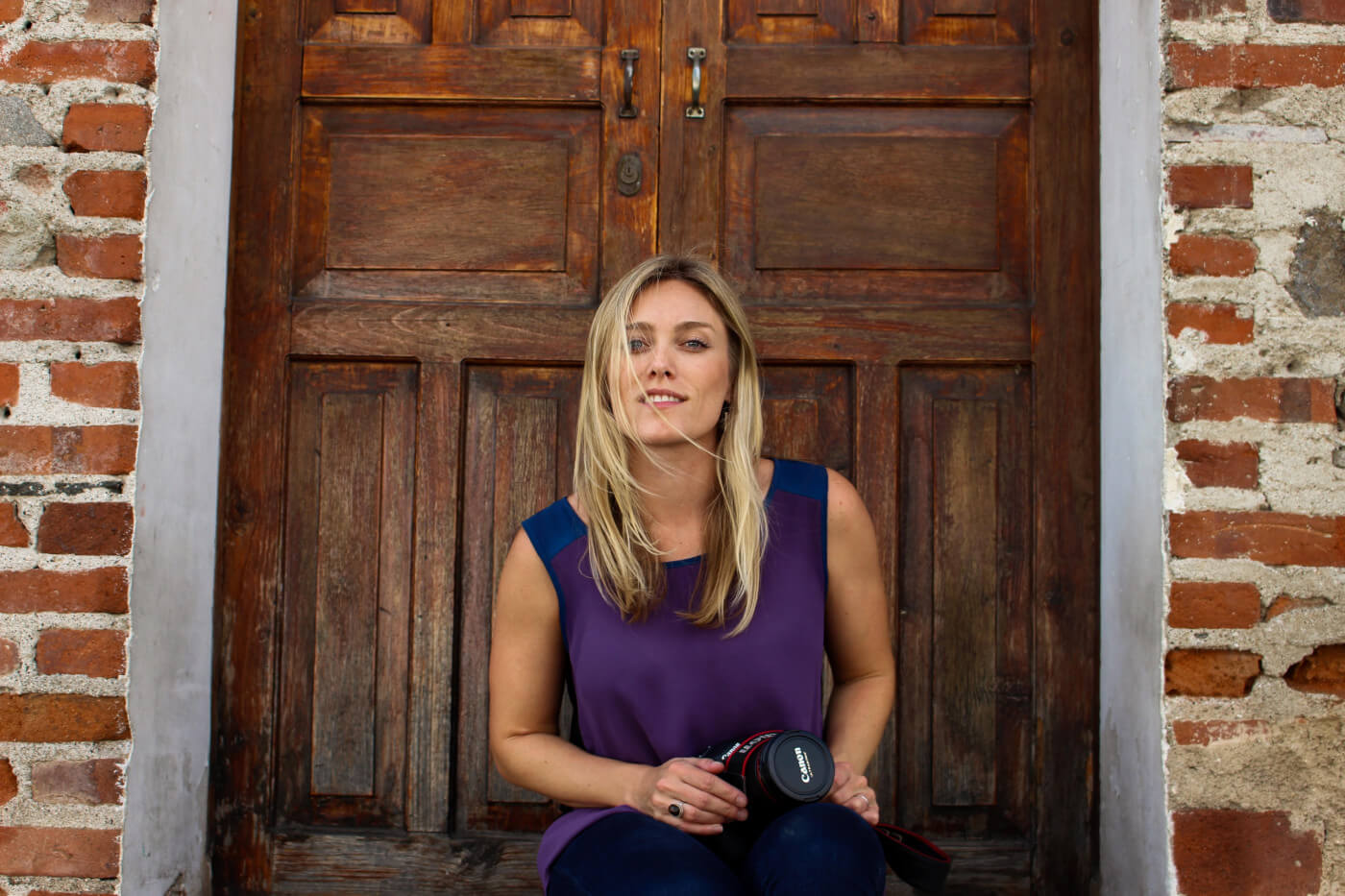
What’s an example of an early project that really helped you find your way in the industry?
Being a field AP on Ice Road Truckers was definitely a seminal career experience for me. Within one year of moving to L.A. to work in the media industry, I was sent up to the Alaskan Arctic to produce a new season of the hit History Channel series, and I was entrusted to follow a new character that the network was really excited to have on the show. During that gig, I spent several months braving temperatures so low that my eyes froze shut (only briefly, thank God), and traveling more than 20,000 miles in the cab of an 18-wheeler while filming, learning what it really meant to be in the field as a producer/shooter on the types of shows that I wanted to produce.
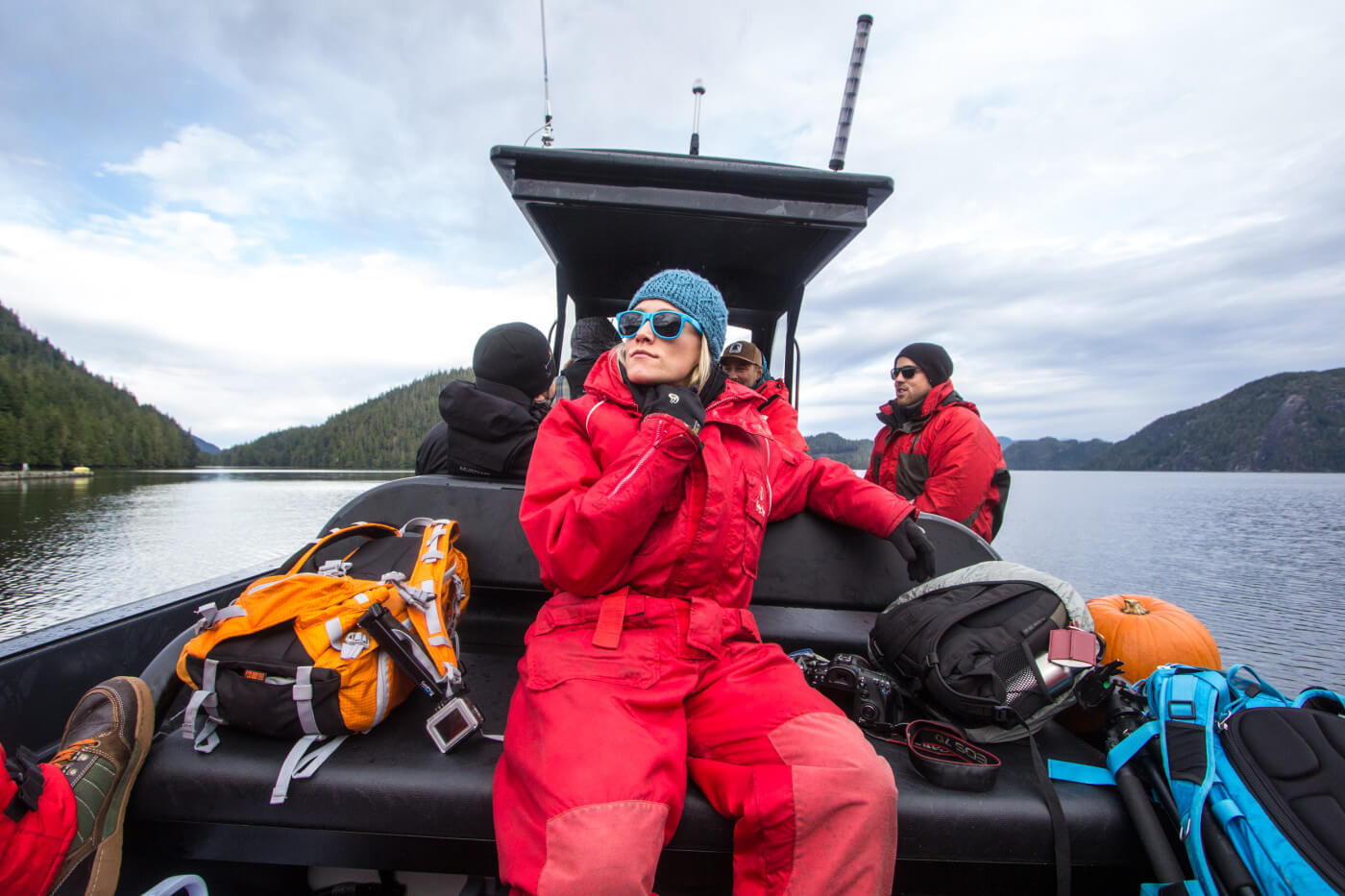
How would you describe the relationship between travel and filmmaking, and how that has influenced your career?
For me, travel is how I stay grounded. It’s how I stay inspired, how I keep the synapses firing, and how I feel most connected to our world. And filmmaking is a way to share those feelings of inspiration and connection with others; a way to connect people to the world in a way that makes them feel more alive, and more joyful, and less afraid of the things that they don’t know. Now, everywhere I go, I feel energized by the question, “How can I share this with others?” I ask myself, “How can I get people excited about a place they may not be familiar with, or a place that they may have preconceived notions about?” Then, I do what I can to show up in service of those questions, whether that be through filmmaking, writing, photography, or some other form of storytelling.
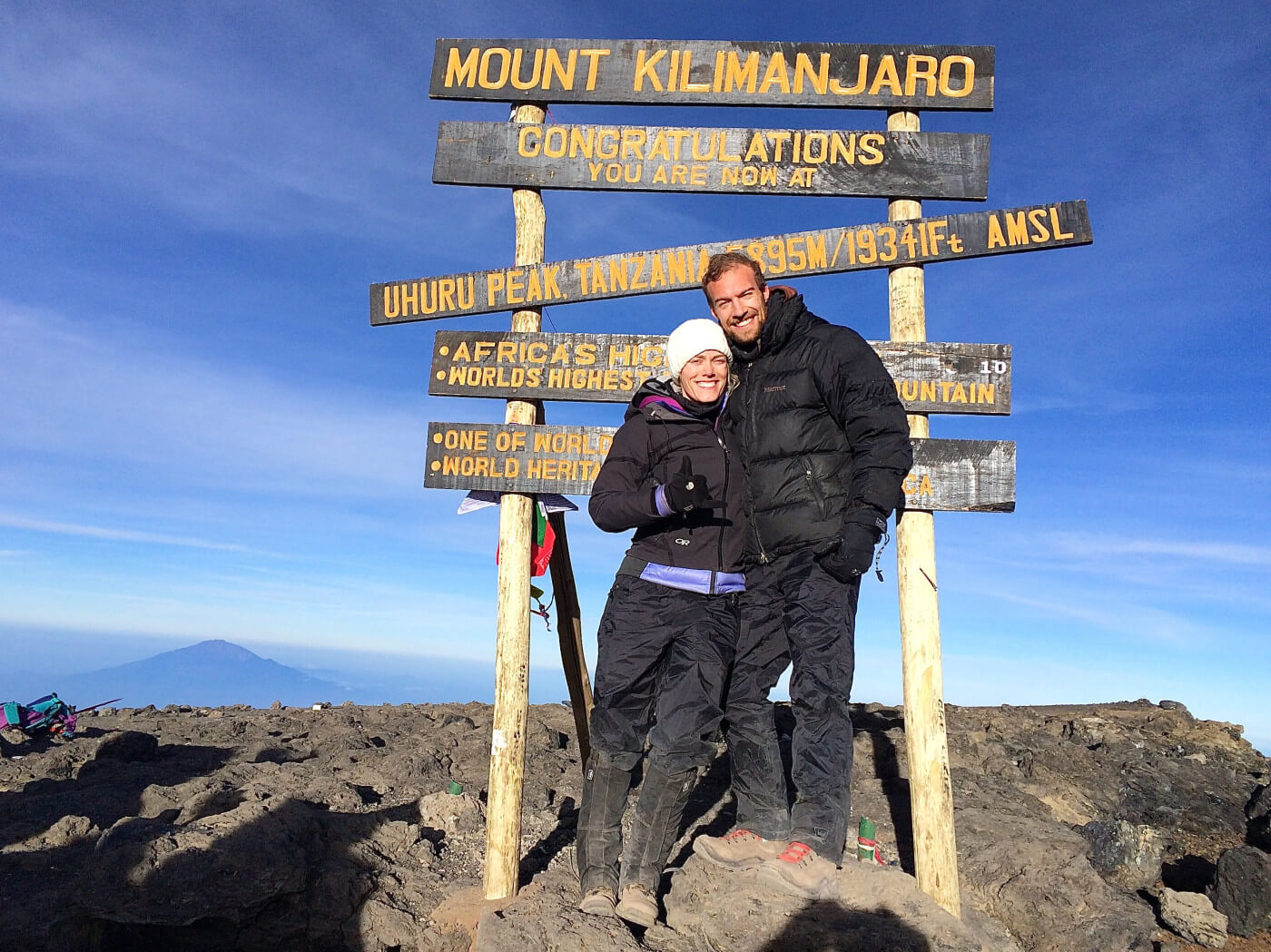
How do you balance being on the road so much with the rest of your life?
Great question. Since the early days of my career, I've learned the beauty of the word “no.” At the beginning, I wanted to say “yes” to everything, and I did say “yes” to most things, because every new professional experience presented an opportunity to learn, connect with new people, and explore. Now, however, I have enough professional experience under my belt that I can confidently check in with my gut about whether a project feels like it’s worthy of a “yes,” and I’m totally comfortable saying “no” to things that don’t feel like a fit.
And, although I do still regularly hit the road on far-flung assignments, I no longer spend 10-12 months a year traveling for work. I have a husband and a toddler now, and I really like sharing life with them, so I value work-life balance more than ever before.
How has technology affected your career? Does anything in particular excite you about where technology is going right now?
First off, people no longer need to have a subscription to a cable service in order to experience the world through their screens. Now, they can go to social media, streaming platforms, or their favorite websites to experience the world, which means that I’m able to have a much more direct connection with audiences because they can follow all my work, not just the work that they have access to through their cable provider.
Additionally, technology has continued to evolve into packages that are both more powerful and more compact, which means that I can pack far less cumbersome gear and still shoot cinematic content, whether that’s on a large-body camera or a cell phone. Then, once the content is shot, I can access all sorts of professional and prosumer-level tools to edit what I’ve captured and share it with my audience on social media instead of waiting for a network or other client to say they’d like to air it.
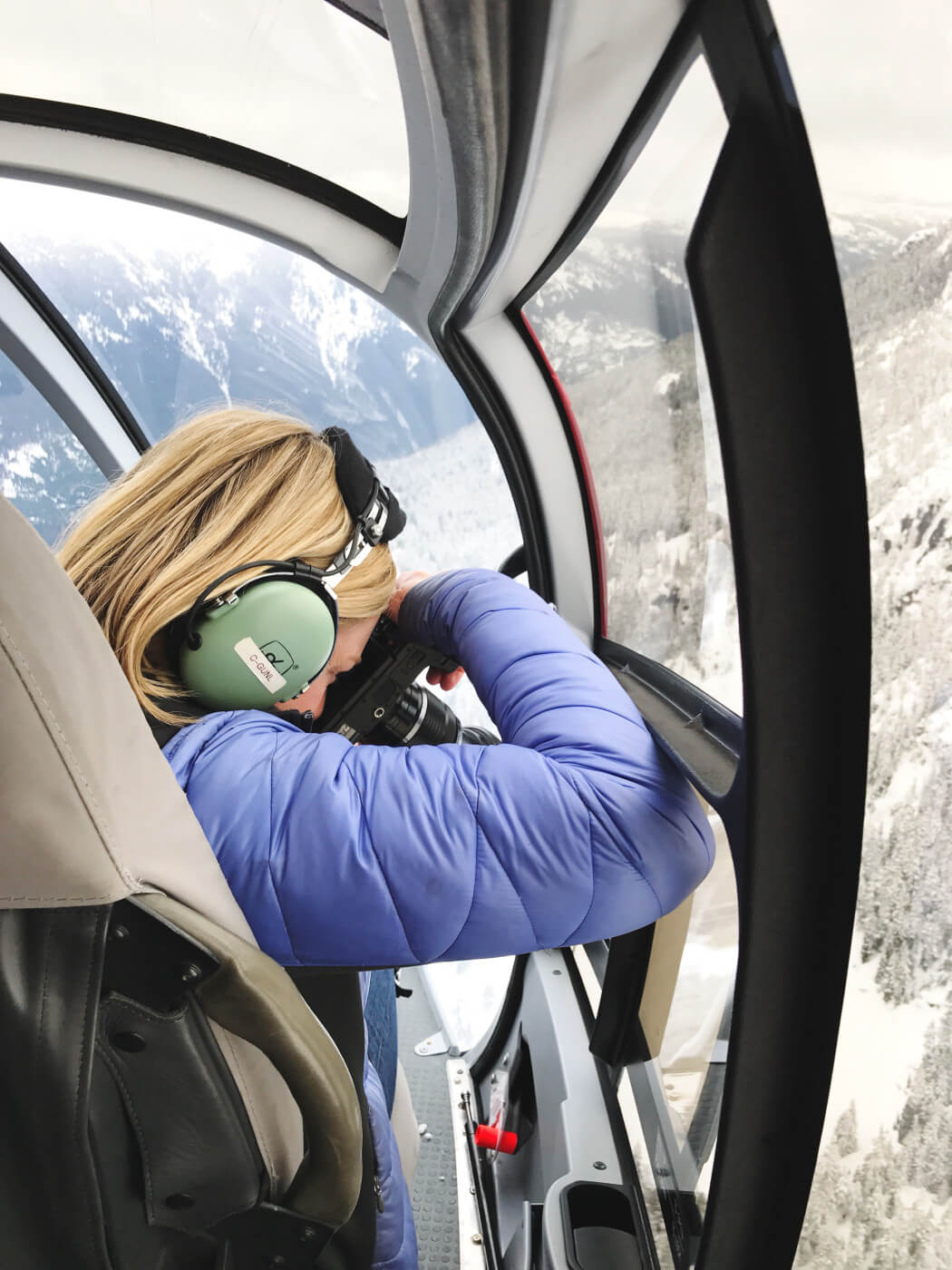
Can you touch on some of your more recent career highlights? What were some of the most gratifying moments of your career?
Yes! Some of the most gratifying moments of my career so far have included:
- Hosting multiple TV series in the travel and action/adventure spaces, which is still something that too few women are entrusted to do;
- Exploring Antarctica on assignment as a photographer and travel writer for AFAR Magazine, a publication I’ve admired since it first hit newsstands about a decade ago;
- Earning an EMMY nomination for DP work that I did on a PBS series;
- Producing, shooting, and editing a short film for the United Nations Refugee Agency about a refugee family resettled in America; and,
- Working with students to hone their storytelling skills through mentorships, coaching, workshops, and university lecture series.
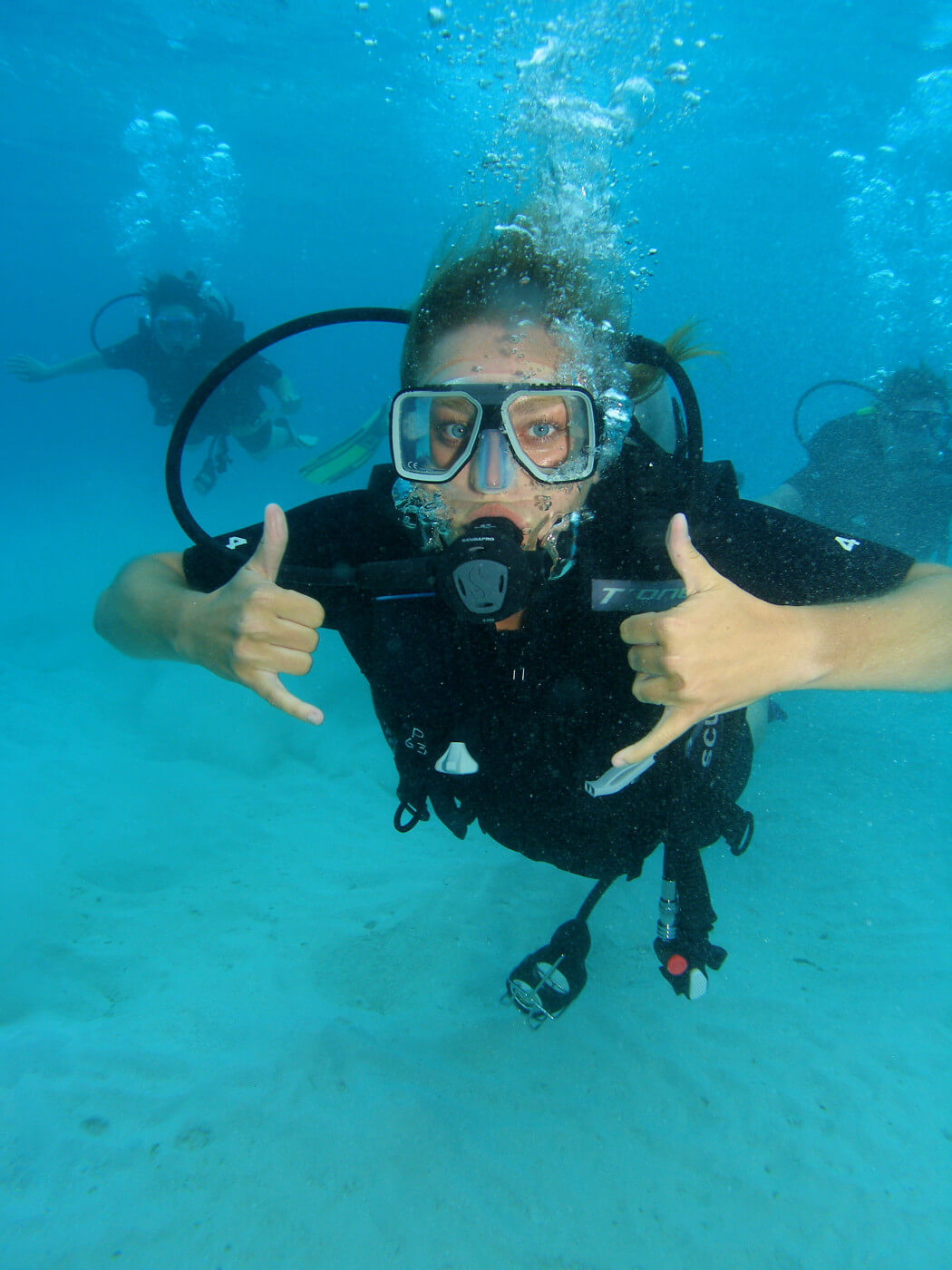
What are some of your challenges as a filmmaker?
I often work as a one-woman production unit, which means that I have to haul a whole bunch of heavy equipment around the world on multi-leg journeys that include planes, buses, trains, boats, border crossings, customs checks, severe weather, jet lag, and foreign languages–and I’m often facing all that on my own.
With all that in mind, I have to do what I can to lighten my load, both literally and metaphorically. I lighten my load literally through packing efficiently, cutting down on unnecessary clothing and gear, and focusing on the must-haves vs. the nice-to-haves. This sometimes means I only have one pair of shoes, or have to re-wear my longjohns day after day, or I can’t bring all the camera lenses I want “just in case.”
I lighten my load metaphorically by being organized and over-preparing, ensuring that I have backups on backups on backups. I have backup plans if something should fall through with my flights. I have backup plans if something should happen to my travel documents. And I have physical backups for my media work across my laptop, memory cards, and hard drives in case something happens to one of my storage systems along the way.
*Pro Tip* If you're an on-the-go creator like Rachel Rudwall, we recommend the Glyph Atom EV Portable NVMe SSD as a compact, reliable and rugged option with lightning fast read and write speeds.
![]()
Is there anything else you’d want people to know about you and your journey?
If you’re reading this and would like to connect, I would love to hear from you! Please feel free to reach out and share adventures. I can be found at @rachelroams on all the social platforms. Say hi anytime!


